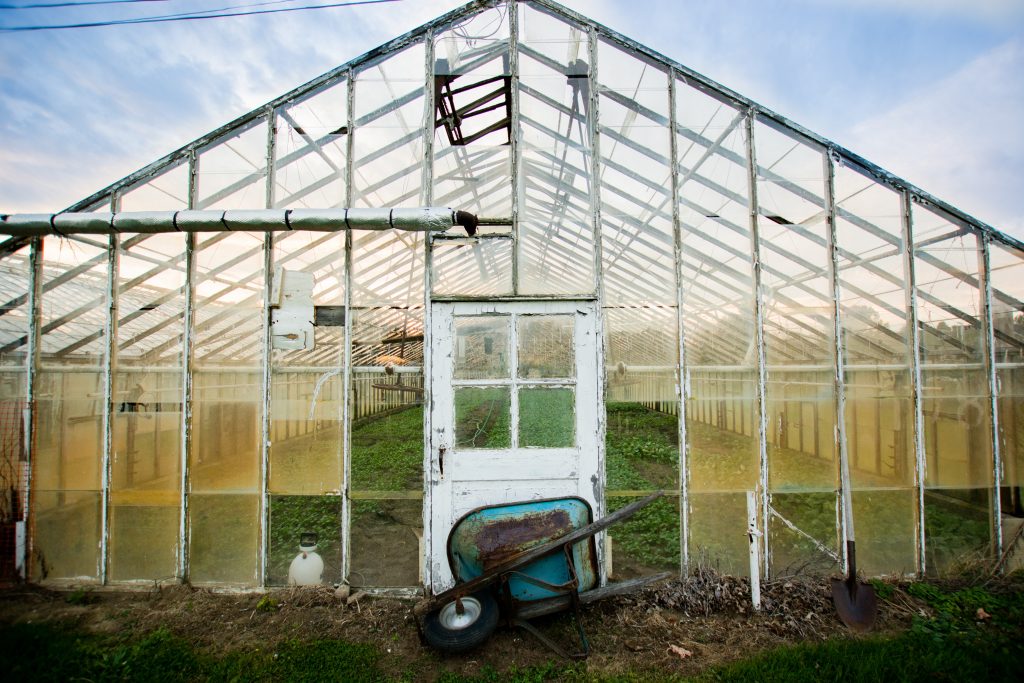In recent blog articles, I’ve described emerging careers related to exponential technologies, including cryptocurrencies and blockchain technology. I’ve also addressed some of the difficulties associated with hiring staff to work in new fields (read this for an example). In these brand-new industries, it is hard to hire staff because it’s very difficult to determine who has adequate knowledge. For now, it’s not possible to earn a degree or diploma in the cannabis or marijuana industry. This means that people who want to hire employees to work in these positions can’t use their usual approach to recruitment and hiring. Degrees and diplomas won’t work as a proxy or symbol of an applicant’s adequate knowledge.
 Evaluating job applicants’ relevant cannabis experience and knowledge
Evaluating job applicants’ relevant cannabis experience and knowledge
From what I’ve seen firsthand, many hiring managers and business owners focus on measuring potential employees’ experience and knowledge because these qualities are easier to measure, they’re objective. It’s fairly safe to assume an applicants’ knowledge when they have the appropriate designation, diploma, or degree. In the cannabis industry, this approach probably isn’t going to work in the short-term because you can’t earn degrees in cannabis production, management, or distribution.
How can an employer predict who is going to be the best performer on the job?
In my experience as an Industrial and Organizational (I/O) Psychologist, I’ve always understood that job performance is based on two factors:
1) The employees’ experience and knowledge. Stated otherwise, what candidates’ know. Often this is categorized as hard skills or technical competence.
2) How an employee applies their experience and skills is the second determinant of job performance. This includes qualities like judgment, conscientiousness, creativity, and initiative, etc. For a more detailed discussion of soft skills and their relative importance – especially when hiring staff, please read this article. In many situations, soft skills play a bigger role than hard skills/technical skills. When you have one or more people with equivalent knowledge (often represented by a specific degree diploma or designation) and similar years of work experience, the person who is better able to apply their knowledge is more successful on the job. They have the stronger, more effective soft skills.
 More complications due to the complicated nature of the cannabis industry
More complications due to the complicated nature of the cannabis industry
Typically, when hiring, the employer and/or hiring manager focuses on the job applicant’s experience and knowledge. From a practical perspective, this makes a lot of sense. It’s straightforward and objective to focus on these measurable qualities. For most people, accurately and reliably evaluating soft skills including qualities like teamwork, cooperation, judgment, flexibility, etc. is often easier said than done.
I anticipate that for the first several years of the cannabis industry in Canada it may be difficult to identify the job applicants with the right skill set, knowledge, and experience. It won’t be possible to rely on degrees, diplomas, or certificates as an indicator of knowledge. Although there are some people who have been involved in the legal medicinal cannabis industry for years, that industry is much smaller than the emerging combined recreational and medicinal markets. This means that there will be a bigger demand for staff. In addition, some of the people with experience in the underground, illegal black market might be unsuitable for the new industry. Selling cannabis isn’t the same as selling clothing or groceries or other products. Then, when one factors in the serious security implications of such valuable merchandise and the high-profile public relations elements, the soft skills will become even more important in these areas than they are in other industries (for a concrete example, watch this video from CBC’s The National which aired on January 15, 2018; at about 4 minutes and 15 seconds, there’s a scene about the vault for drying buds securely).
The ability to reliably and accurately evaluate these human behaviours will become more and more valuable and more important. Similarly, the cursory background checks and reference checks that are often performed as a formality and an afterthought in many organizations will be completely inadequate in this context. The challenges, grey zones, and high stakes will mean that it’s not just business as usual.
Addendum – On September 23, 2018, in advance of the legalization of cannabis in Canada, the Globe and Mail published this fascinating article that addresses some of the complications associated with the black/grey cannabis market and some of the security issues. Read it here.
Planning to hire people who can function effectively in the cannabis/marijuana industry? Let’s talk! I invite you to contact me by email, phone, or via direct message on Twitter, Facebook, or LinkedIn. If something urgent comes up, I’m also available by a voice or video on Magnifi, an expertise-on-demand app.
I/O Advisory Services – Building Resilient Careers and Organizations.
Easily share this article using any of the social media icons below.




